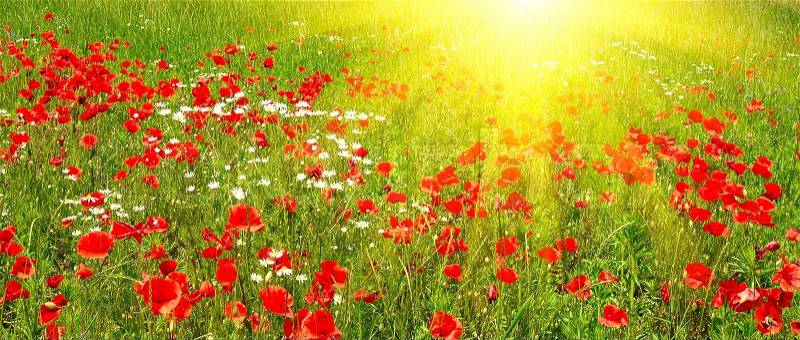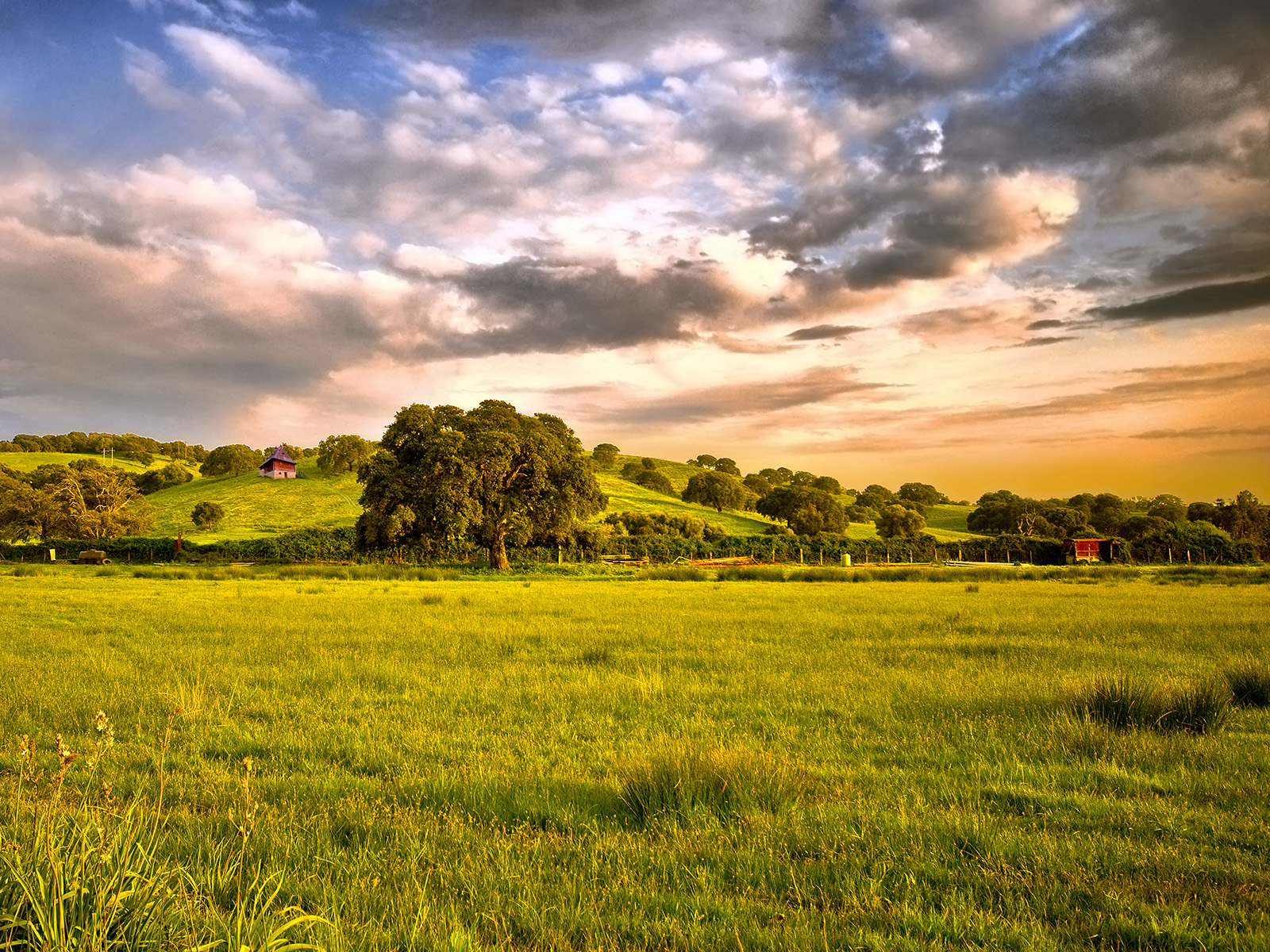Early Summer
- Setsuko Hara: Noriko Mamiya
- Chishu Ryu: Koichi Mamiya
- Chikage Awashima: Aya Tamura
- Kuniko Miyake: Fukiko
- Ichirō Sugai: Shukichi
- Chieko Higashiyama: Shige
- Haruko Sugimura: Tami Yabe
- Hirosji Nihonyanagi: Kenkichi Yabe
- Shuji Sano: Sotaro Satake
- Toyoko Takahashi: Ayas mother
- Kuniko Ikawa: Takako Yasuda
Autumn wheat (Japanese麦秋, Bakushu ) is a Japanese film. He is one of the most famous works of the director Yasujirō Ozu and was produced in the spring or summer of 1951 in the Shochiku Ofuna studios. This black-and-white film was shot in 35 mm format.
He had on October 3, 1951 in Tokyo premiere. The German premiere took place on 5 July 1972 at the Bayerischer Rundfunk. The German Cinema - premiere took place at the Berlin Arsenal cinema only on December 6, 1972.
Action
The 28- year-old daughter Noriko standing at the center of the family should be in order not to end up an old maid, finally marry. Sotaro Satake, Noriko's boss, a friend Manabe, he wants to bring together with Noriko. Noriko is reluctant to marry an unknown man, who also still has the disadvantage of being over 40 years old. However, Noriko begins the presentation of the Married One to accept, especially after two married girlfriends spend less and less time with her. Kenkichi Yabe, a widowed neighbor Noriko and old family friend, gets offered a job in northern Japan. Kenkichis mother is very concerned of it. One evening before Kenkichi leaves town, she tells Noriko about her dream that her son should marry Noriko.
Background
Basically told wheat fall no history. The film consists rather of a series of several small episodes. Each of these small episodes has a life of its own.
Ozu transfigured with his film neither the tradition nor the progress. Rather, he wants to differentiate these two poles stronger. The traditional family appears both as an institution of social security, as well as a place of repression of individual desires.
Wheat fall is part of the so-called Noriko trilogy (besides wheat fall also Late spring 1949, and the trip to Tokyo, 1953). Ryu Chishu | Chishu Ryu and Setsuko Hara play again in Ozu's film, even if they are not the same people.
After Late Spring (1949 ) was very successful, the production company Shochiko wanted to produce a similar story of Ozu. So wrote Ozu and his screenwriter Kogo Noda another piece. The basic concept of the story remained the same. However, the action was more nuanced and complex. The details and dialogues, which Noda said to have been particularly pleased that bring a high degree of sensitivity and subtle humor to express.
Reviews
" An impressive and subtle film, more to the nuances than on the surface of the plot interested."
Awards
Autumn wheat ( Japanese criticism price) in 1952 won Best Film at the Kinema Jumpo Award. The film also received the Blue Ribbon Award in 1952 for Best Director ( Yasujirō Ozu ), Best Cinematography ( Yushun Atsuta ), Best Actress ( Setsuko Hara ) and Best Supporting Actress ( Haruko Sugimura ). When Mainichi film Concours 1952, the work was awarded as best film and best actress Setsuko Hara.



.jpg)






